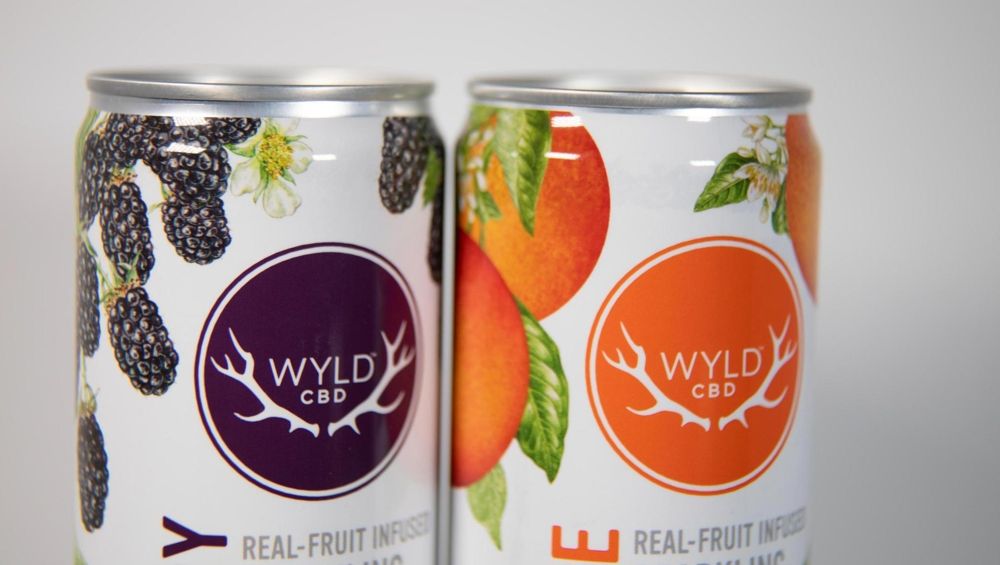CBD sleep beverages may look like a gentle, modern alternative to traditional sleeping pills—but that doesn’t mean they’re suitable for everyone in the family. These drinks are clearly designed and marketed for adults, and current science and regulations strongly support keeping them that way.
Most CBD sleep beverages use hemp-derived cannabidiol (CBD), sometimes combined with other ingredients like melatonin or minor cannabinoids such as CBN. In the United States, there is no federal minimum age specifically for buying hemp-derived CBD, but most states and retailers set their own rules. Many require buyers to be at least 18, and some treat CBD more like cannabis products and set the bar at 21+, especially for edibles and beverages sold in vape shops or dispensaries.
Regulators also haven’t given CBD a green light as an everyday wellness product for kids or teens. The U.S. Food and Drug Administration (FDA) repeatedly notes that there are many unanswered questions about CBD’s safety, including concerns about liver effects and interactions with other medications, and flags children as a particularly vulnerable group. The Centers for Disease Control and Prevention (CDC) goes further, stating that we do not know the effects of CBD on children’s developing brains and advising that CBD and THC products be stored in child-proof containers and kept away from kids.
Major pediatric and toxicology organizations echo this caution. The American Academy of Pediatrics and other experts emphasize that cannabis and cannabinoid products shouldn’t be used by children or teens without clear medical justification and specialist oversight, because the brain continues developing into the mid-20s and cannabis exposure is linked to cognitive and mental-health risks. A recent position statement from toxicology specialists also advises that parents should not give cannabis products to children without medical authorization, reinforcing that “over-the-counter” use at home is not recommended.
So, while CBD sleep drinks might seem milder than THC-heavy cannabis edibles, the scientific and medical message is consistent: they are not appropriate as bedtime beverages for kids and teens unless a physician is specifically guiding cannabinoid therapy for a diagnosed condition. Even then, those treatments typically use carefully dosed pharmaceutical CBD—not flavored retail sleep beverages.
For adults, especially those without major medical conditions or complex medication regimens, CBD sleep beverages may be an option to discuss with a healthcare provider. Yet even in adults, regulators highlight potential issues such as liver enzyme changes and drug interactions at higher or long-term doses of CBD, underscoring the value of professional guidance rather than casual self-experimentation.
The most responsible approach is to treat CBD sleep beverages as adult-only wellness products, similar to alcohol-free but functional “nightcap” drinks or dietary supplements. Consumers should:
- Check their state and local age rules for hemp and CBD products.
- Read labels for THC content, cannabinoid amounts, and warnings.
- Store beverages locked and out of sight of children and teens.
- Talk to a health professional before using CBD, especially for anyone under 21, pregnant, breastfeeding, older, or taking other medications.
In short, CBD sleep beverages are not all-ages drinks. Legally, access is generally restricted to adults, and medically, leading authorities urge strong caution with any cannabinoid use in children and adolescents. For families, that means CBD sleep products belong firmly in the adult side of the fridge—if they’re used at all.

